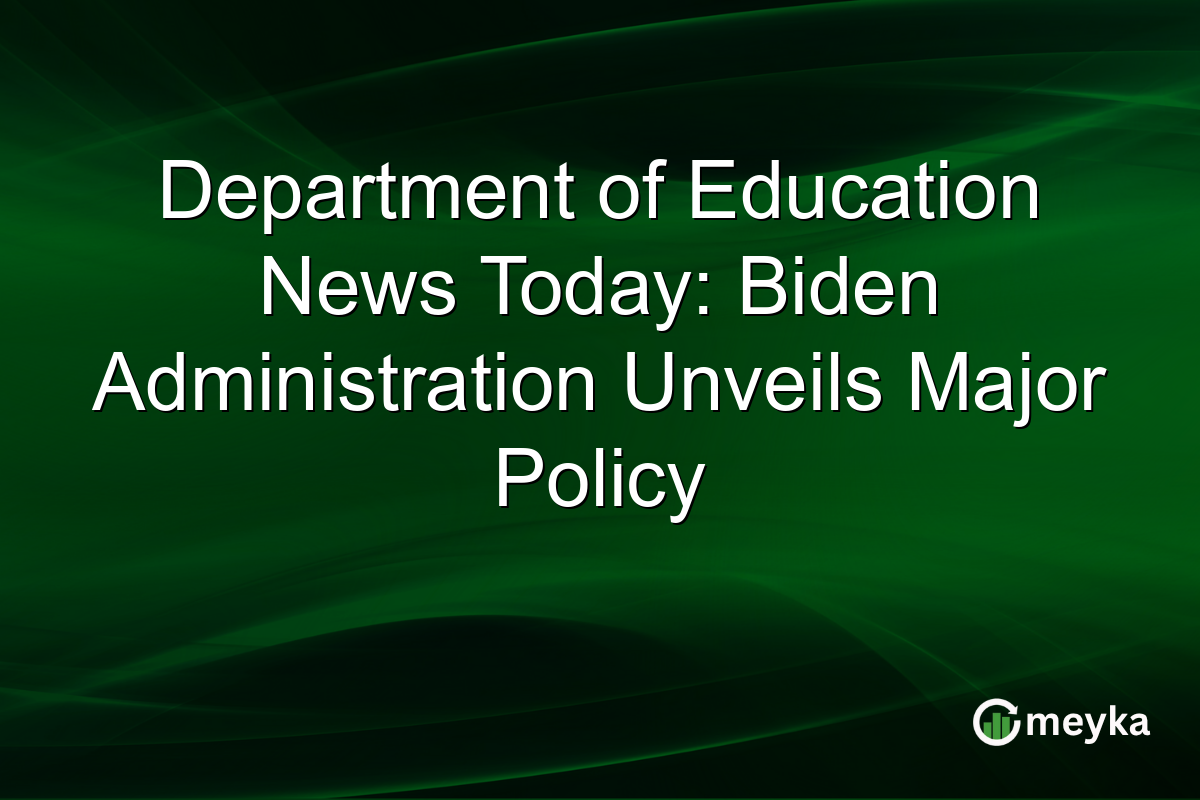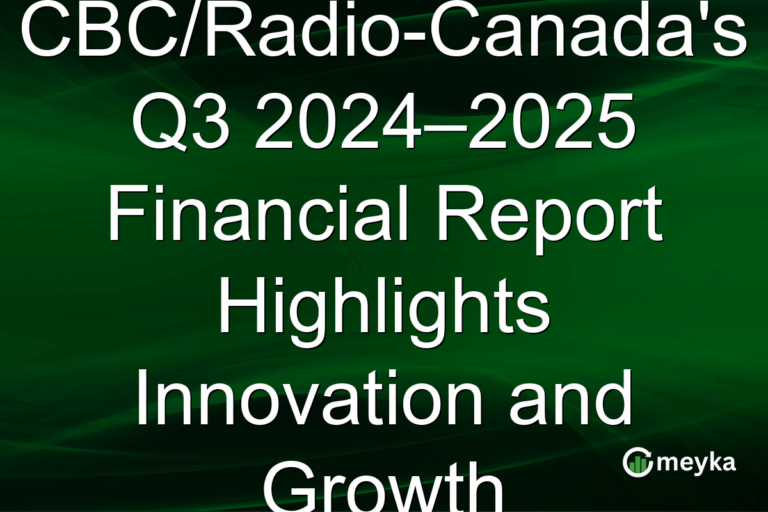Department of Education News Today: Biden Administration Unveils Major Policy
The Biden administration has launched a transformative update to the Department of Education policy, making waves with significant moves to expand student loan forgiveness. This development aims to address the persistent challenges of student debt in America. With education policies affecting millions, it’s crucial to explore how these changes impact borrowers and the broader economic landscape.
Student Loan Forgiveness Expansion
The Biden administration’s new policy seeks to broaden the horizons of student loan forgiveness. It builds on prior efforts to alleviate the financial stress faced by millions of graduates. This expansion includes modifications to existing programs, making it easier for borrowers to qualify and apply for relief. Under the new guidelines, eligibility criteria are relaxed, allowing a wider range of borrowers, including those in public service, to benefit. This shows a direct effort to ease the financial burden on graduates who provide essential community services. Reportedly, over 1.5 million borrowers are anticipated to be impacted, significantly reducing their overall debt load. Visit Bloomberg for more details here. For investors and market analysts, these changes signal potential growth in consumer spending. As graduates face less financial stress, they may contribute more actively to the economy, impacting various sectors positively.
Enhanced Protections for Borrowers
Apart from expanding forgiveness, the Department of Education policy now includes stronger borrower protections. These enhancements aim to ensure that loan servicing companies adhere to fair practices, protecting students from unfair fees and hidden charges. The updated policy mandates clear communication between loan servicers and borrowers. This transparency is designed to prevent misunderstandings and misinformation. Moreover, borrowers now have access to reinforced complaint mechanisms, improving their ability to address grievances effectively. The Biden administration’s focus on protecting borrowers reflects a commitment to creating a fairer loan system. This commitment boosts confidence among current and potential borrowers, ensuring that the education system remains accessible and affordable.
Political and Economic Context
The student loan forgiveness initiative has sparked various responses across the political spectrum. While many applaud the relief for struggling graduates, critics argue about the long-term economic implications of debt forgiveness. Some economists note that this policy could lead to increased government spending. However, others point out the potential benefits, such as increased disposable income for graduates, which could lead to a boost in the economy. This ongoing debate underscores the complex relationship between federal education policy and economic health. Social media platforms, like CNBC, continue to see heated discussions, indicating robust public interest and investment.
Final Thoughts
In wrapping up the new Department of Education policy, the Biden administration’s focus on student loan forgiveness and borrower protections offers promising prospects for millions of Americans. By alleviating debt burdens and enhancing protections, the policy aims to contribute to a fairer and more equitable educational landscape. For the U.S. economy, reduced student loan stress could translate into increased consumer spending, driving growth. While debates continue over the fiscal impacts, the policy’s potential benefits seem poised to outweigh concerns. Moving forward, these changes might serve as a critical step in addressing the student debt crisis, ensuring that education remains accessible without imposing lifelong financial burdens.
FAQs
The Biden administration expanded forgiveness eligibility, especially for public service workers, and simplified the application process. This aims to ease financial burdens on borrowers.
The policy mandates clear communication from loan servicers and improves complaint mechanisms, ensuring fair treatment and reducing hidden charges for borrowers.
While some debate potential government spending impacts, the policy likely boosts consumer spending by reducing graduates’ debt stress, potentially benefiting the economy.
Disclaimer:
This is for information only, not financial advice. Always do your research.






